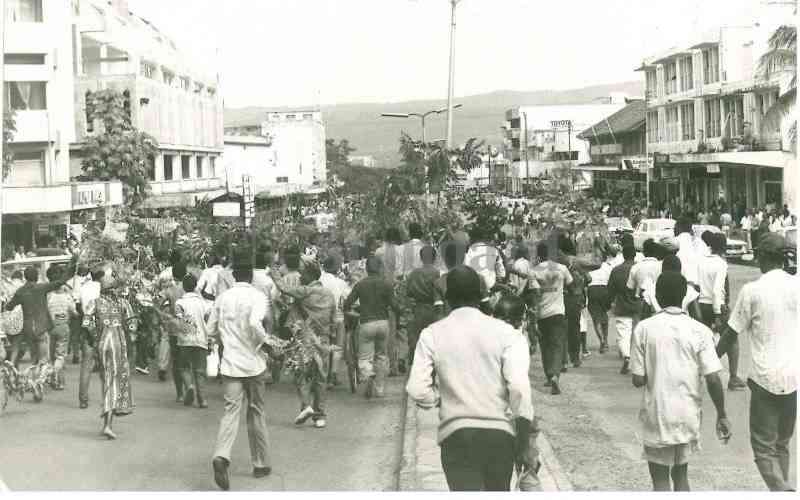×
The Standard e-Paper
Stay Informed, Even Offline

I sat on the tarmac, drenched in my own sweat. I could barely hear the words of the student leader. I had been sitting here for hours taking notes under duress. The students now demanded that I read back to them what I had written.
Their anger could have set any structure ablaze. They were protesting the death of their Foreign Affairs minister. I was spared from mob beating because I worked for the Nation Newspapers Limited, then considered as a people's mouthpiece and an anti-government outlet.